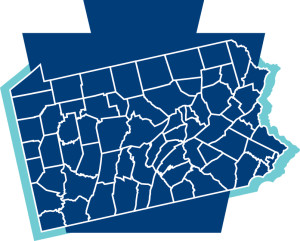
Image credit: newamericamedia.org
Christopher Beem, managing director of the McCourtney Institute for Democracy at Penn State; Dan Letwin, social history professor; and Rob Speel, associate professor of political science, were all recently quoted in a Sunbury Daily Item article about the presidential election. Here’s an excerpt:
“ ‘No matter where you come down politically, I don’t think anyone thinks this campaign has been a pleasant experience,’ said Christopher Beem, managing director, The McCourtney Institute of Democracy at Penn State University.
“Beem pointed to the start of it all, when Republican Sen. Ted Cruz announced in March 2015 that he was running for president. Ever since, this has been a rough-and-tumble, no-holds barred campaign characterized by sexual innuendo, half-truths, and charges of criminality that were magnified by social media and the 24-hour news cycle that now exists online and on cable TV.
“What does the last year say about America? ‘A lot of things,’ social historian Dan Letwin, a professor at Penn State University said.
“ ‘In most election years, win or lose, a good number of supporters of one candidate can accept the other candidate as a viable, legitimate president. Here, the vast majority of Trump supporters will not accept Hillary as a legitimate alternative, as the vast number of Clinton supporters will not accept Trump. Things are incredibly polarized,’ Letwin said.
“American politics has become almost tribal, noted Robert Speel, associate professor of politics at Penn State University. Supporters of both major party candidates often overlook the deep flaws of the candidate they support because the voters have such a deep-seated animosity towards the other party or candidate, Speel said.”
Read more at DailyItem.com.




